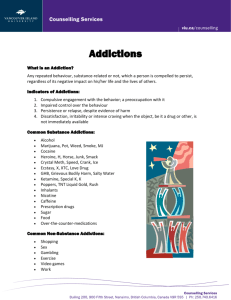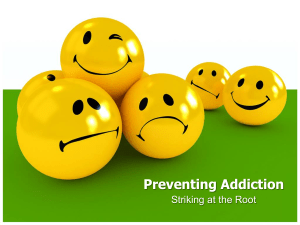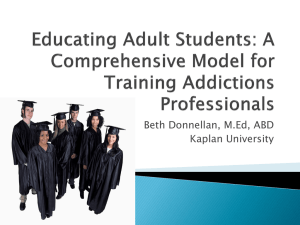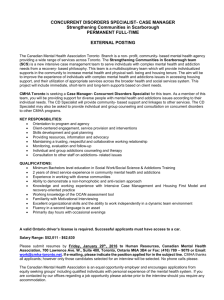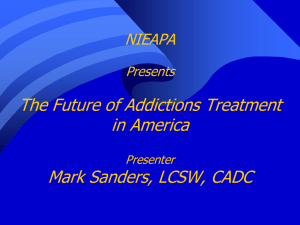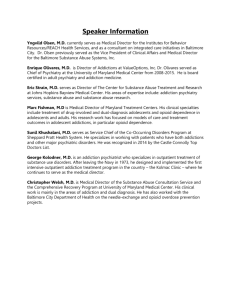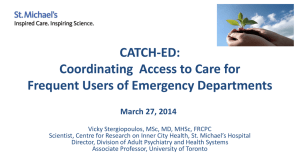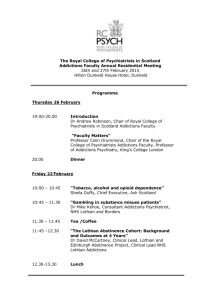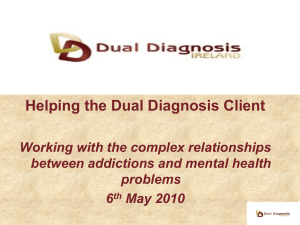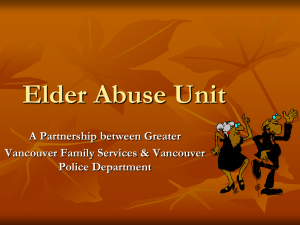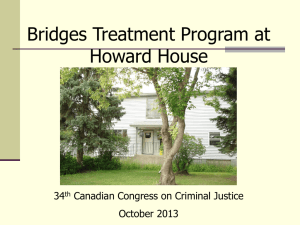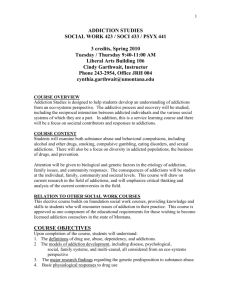Mayor`s Task Force on Mental Health and
advertisement
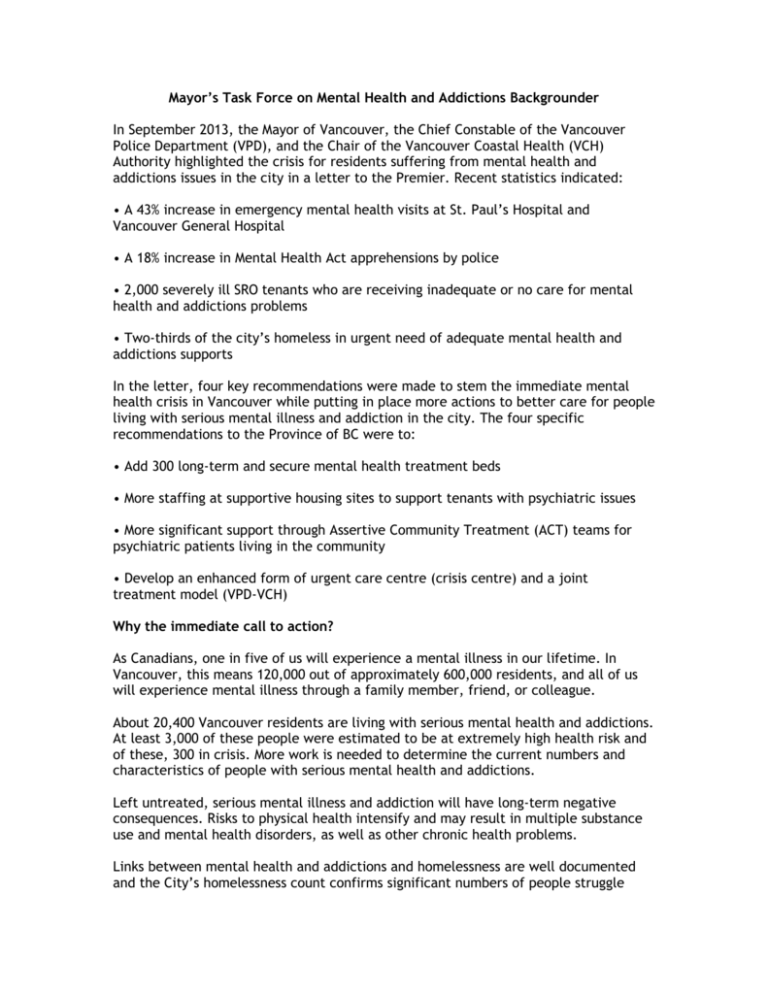
Mayor’s Task Force on Mental Health and Addictions Backgrounder In September 2013, the Mayor of Vancouver, the Chief Constable of the Vancouver Police Department (VPD), and the Chair of the Vancouver Coastal Health (VCH) Authority highlighted the crisis for residents suffering from mental health and addictions issues in the city in a letter to the Premier. Recent statistics indicated: • A 43% increase in emergency mental health visits at St. Paul’s Hospital and Vancouver General Hospital • A 18% increase in Mental Health Act apprehensions by police • 2,000 severely ill SRO tenants who are receiving inadequate or no care for mental health and addictions problems • Two-thirds of the city’s homeless in urgent need of adequate mental health and addictions supports In the letter, four key recommendations were made to stem the immediate mental health crisis in Vancouver while putting in place more actions to better care for people living with serious mental illness and addiction in the city. The four specific recommendations to the Province of BC were to: • Add 300 long-term and secure mental health treatment beds • More staffing at supportive housing sites to support tenants with psychiatric issues • More significant support through Assertive Community Treatment (ACT) teams for psychiatric patients living in the community • Develop an enhanced form of urgent care centre (crisis centre) and a joint treatment model (VPD-VCH) Why the immediate call to action? As Canadians, one in five of us will experience a mental illness in our lifetime. In Vancouver, this means 120,000 out of approximately 600,000 residents, and all of us will experience mental illness through a family member, friend, or colleague. About 20,400 Vancouver residents are living with serious mental health and addictions. At least 3,000 of these people were estimated to be at extremely high health risk and of these, 300 in crisis. More work is needed to determine the current numbers and characteristics of people with serious mental health and addictions. Left untreated, serious mental illness and addiction will have long-term negative consequences. Risks to physical health intensify and may result in multiple substance use and mental health disorders, as well as other chronic health problems. Links between mental health and addictions and homelessness are well documented and the City’s homelessness count confirms significant numbers of people struggle with addictions and/or mental health issues. Of the overall homeless population surveyed in the 2014 Homeless Count, almost half (48 per cent or 519) had an addiction and 34 per cent (361) lived with a mental illness. Of homeless children and youth under 25, 49 per cent (93) had an addiction and 19 per cent (37) lived with a mental illness.
